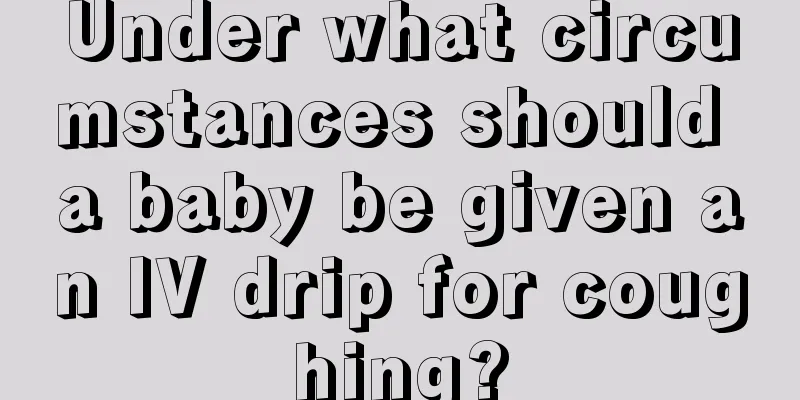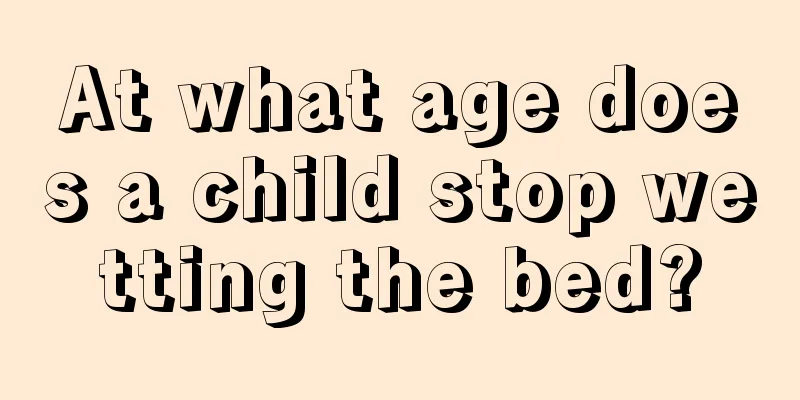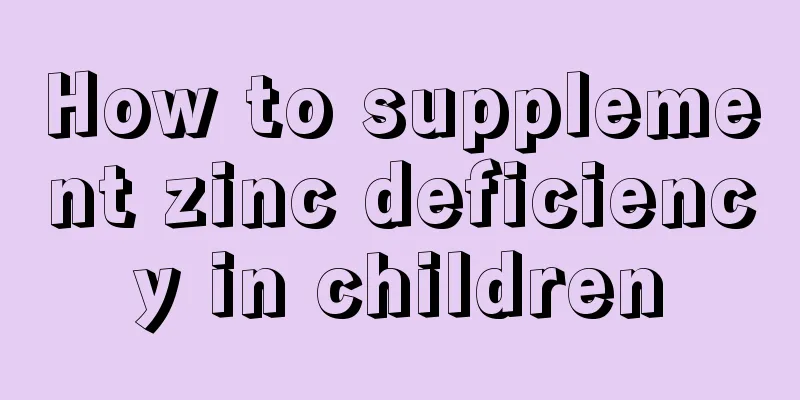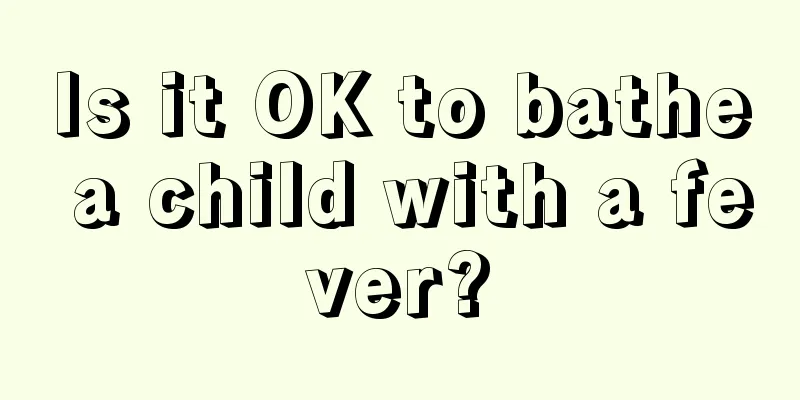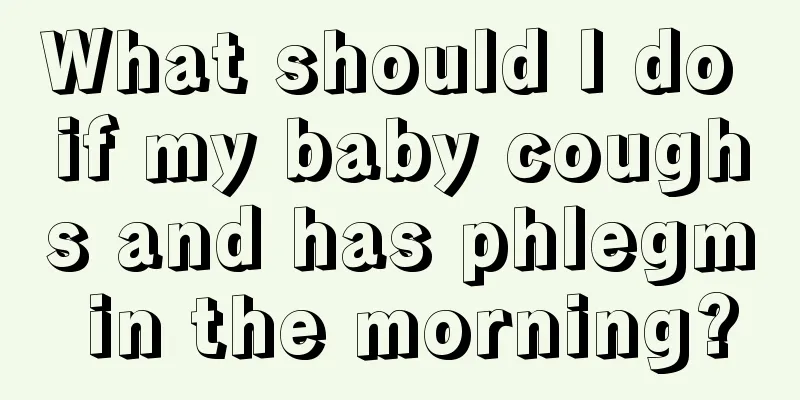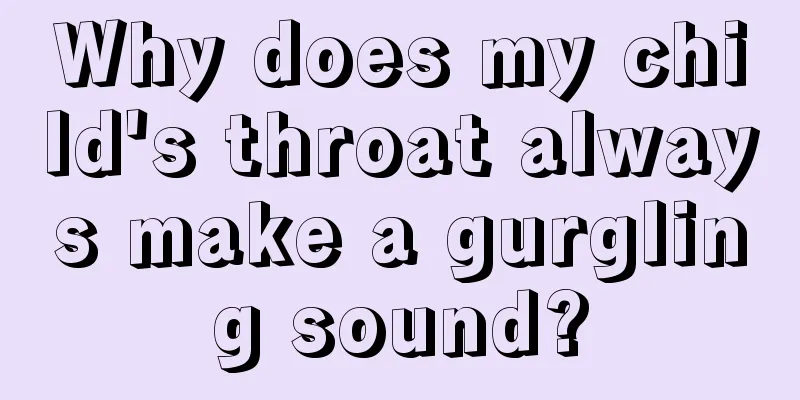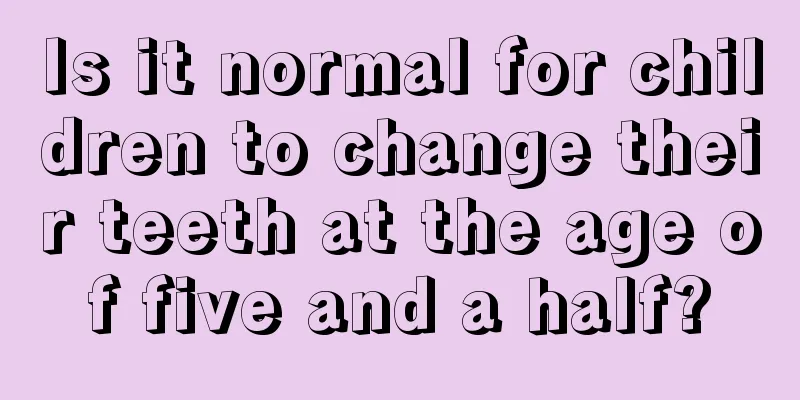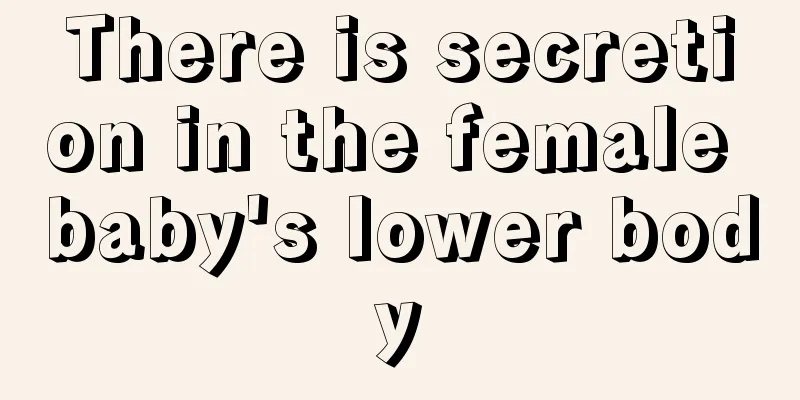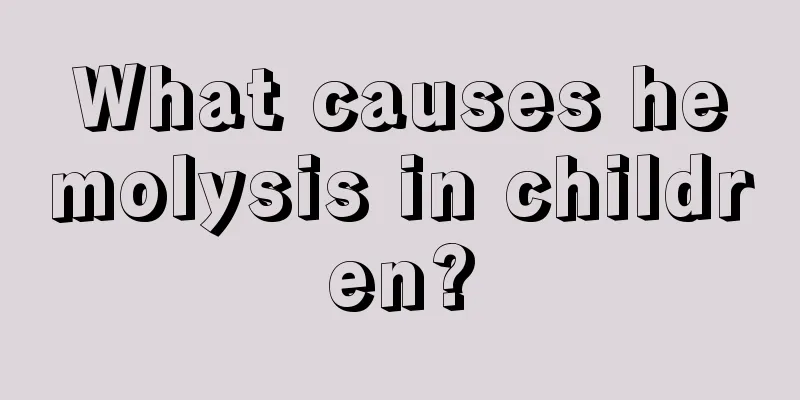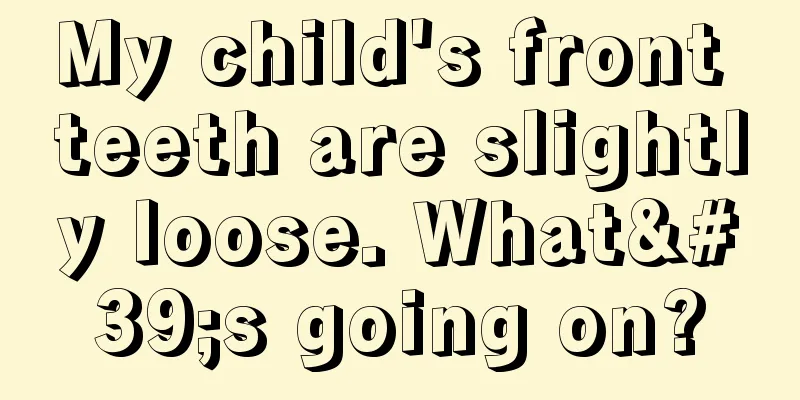What to do if children have a cough
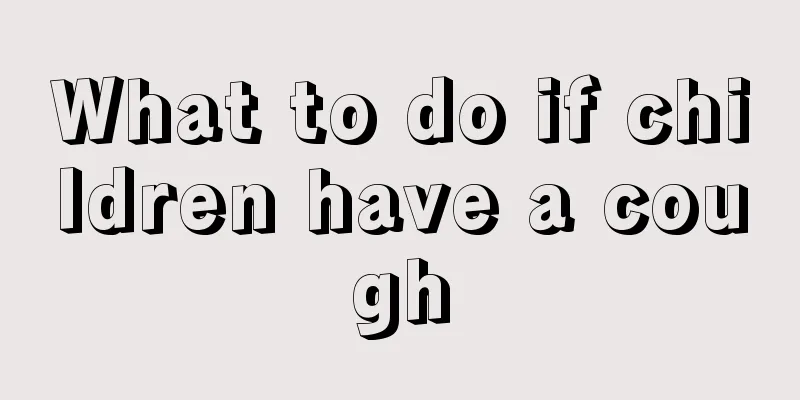
|
The beginning of every school year is a peak season for children to catch colds. This is because the climate changes greatly during this period, with a large temperature difference between morning and evening. In addition, children are prone to catching colds in the morning and evening at the beginning. Therefore, colds and coughs are unavoidable. If a cold is not treated in time, it will have a certain impact on the child's daily life. So what should we do if children have a cough? If a child at home shows symptoms of coughing, what issues should parents pay attention to? Many diseases can cause children to cough, so to treat a cough, we must first determine whether the cough disease itself is serious. If the cough is caused by a cold, the cough frequency is relatively low, and you only need to drink the soup made with white radish. If a child's cough is accompanied by phlegm, cough suppressants and expectorants can be used. If a young child coughs and has a high fever, you should pay attention to whether he or she has pneumonia and take the child to the hospital for diagnosis and treatment in time. If a child coughs for a long time and has a low fever and is thin, he or she also needs to go to the hospital for examination. A child's cough is not a trivial matter. Finding the right method will achieve twice the result with half the effort in treating a child's cough. When mothers give medicine to a coughing child, they need to take the medicine under the guidance of a doctor, especially for children with severe coughs. It is even more necessary to find the right cause to use the medicine. Taking some medicines specifically for children's coughs also requires cooperation with family care to help children get rid of the trouble of coughing as soon as possible. 1. Don't blindly stop coughing in children Coughing is a protective reflex action of the human body. It expels secretions and inflammatory substances in the trachea from the body, blocks foreign matter from entering the trachea, and prevents accumulation of bronchial secretions. Cough and cough have different meanings. A cough is one with sound but no phlegm, while a cough is one with phlegm but no sound. Clinically, cough and tut are often seen together, so they are collectively called cough. Generally, do not blindly use cough suppressants when you have a cough, because the secretions of the lower respiratory tract, namely sputum, can only be expelled from the body through coughing. If you use cough suppressants, it will inhibit the cough reflex, causing sputum retention in the trachea and bronchi, aggravating the condition or causing secondary infection. However, frequent coughing affects the child's rest and sleep, consumes physical strength, causes abdominal muscle stretching, and can also cause vomiting, causing great pain to the child. At this time, antitussive drugs should be used. 2. Cough needs to distinguish the cause and nature Cough is a common symptom of pediatric diseases. It can occur all year round, but is particularly common in winter and spring. Changes in temperature in the world's climate are often the inducing factor. Common respiratory diseases such as upper respiratory tract infection, bronchitis, pneumonia, etc. can cause cough. Traditional Chinese medicine believes that the occurrence and development of cough is related to the invasion of external evils such as wind, cold, heat, dampness, dryness, and fire, as well as dysfunction of the lungs, spleen, and kidneys. Clinically, coughs are generally divided into two categories: exogenous coughs and endogenous coughs. Exogenous coughs are more common in children, and the main symptoms are coughing, accompanied by fever, nasal congestion, dry cough with little sputum or cough with a lot of sputum, chest tightness and shortness of breath, etc. Exogenous coughs are divided into wind-cold coughs and wind-heat coughs. Different types of coughs require completely different medications. Therefore, children's coughs must first be clearly diagnosed and treated according to different causes and properties. |
<<: What to do if your child has whooping cough
>>: What vaccines should newborns receive?
Recommend
What are the symptoms of tuberculosis in babies?
Tuberculosis is a disease that can easily damage ...
Is it normal for a 10-year-old girl to start developing breasts?
Now everyone's life is getting better and bet...
Causes of white spots on children's faces
White spots on the baby's face is a common ph...
What should children eat when their stomach is upset?
If the child has a bad stomach, we recommend that...
What to do if your baby is not gaining weight
Height reflects the baby's long-term nutritio...
Precautions for children with high urine protein
When there is a problem with the kidneys, the uri...
What to do if your child sprains his foot
We all know that children's bodies are fragil...
What to do if your baby has a fever after vaccination
It is normal for babies to get vaccinations. Babi...
Is it normal for children to change their teeth at the age of six?
What many parents care about most is their childr...
The difference between baby sweating and sweating
Many people are very concerned about the physical...
What to do if your baby's tongue is black? You should know these methods
Black tongue coating is a symptom, and many facto...
Reasons for a newborn's hoarseness at 21 days old
The body of a newborn is very fragile, and any sm...
What should I do if my child's heart is not well developed?
The heart is a blood transport organ. Its importa...
How to quickly whiten your child
Children are very active and always like to run a...
What to do if children have anorexia
Anorexia in children is a symptom with a relative...
